
How good science communication can support researchers in cases of hostility
Threats and attacks on researchers can lead them to self-isolate and retreat from public communication. We look at strategies to prevent this from happening.

Threats and attacks on researchers can lead them to self-isolate and retreat from public communication. We look at strategies to prevent this from happening.
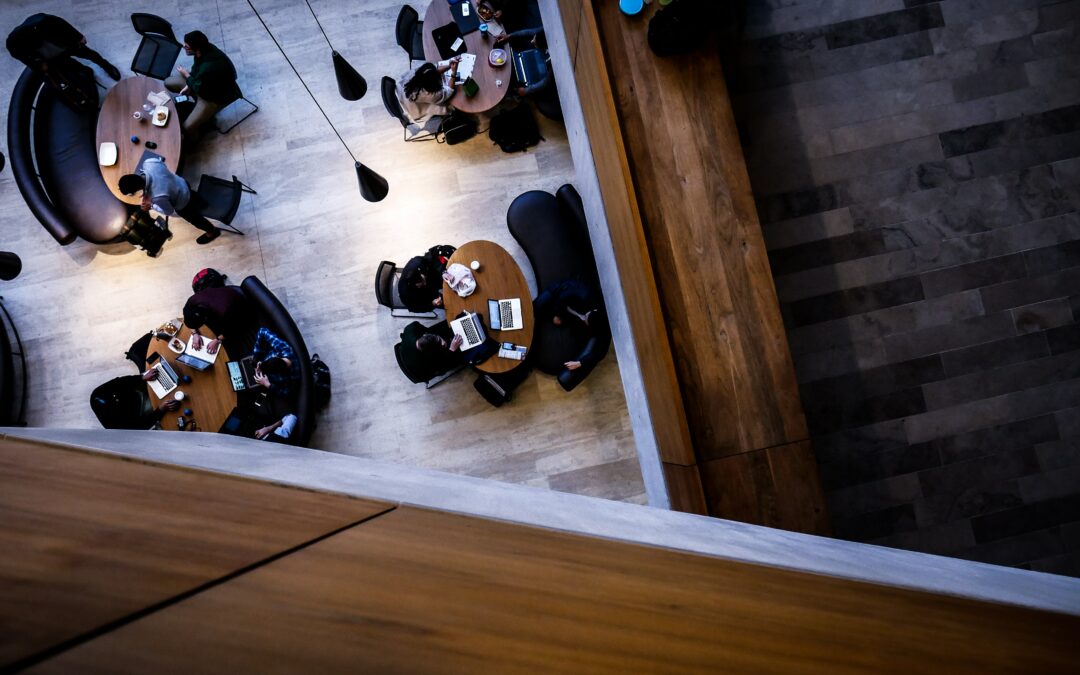
In this short analysis the three authors aggregate findings from four research projects to answer questions regarding the accelerated digitalisation of education due to the Covid-19 pandemic.

The case of pandemic prevention is one of many examples to show that holistic perspectives in disaster prevention and related fields have gained prominence in recent years.
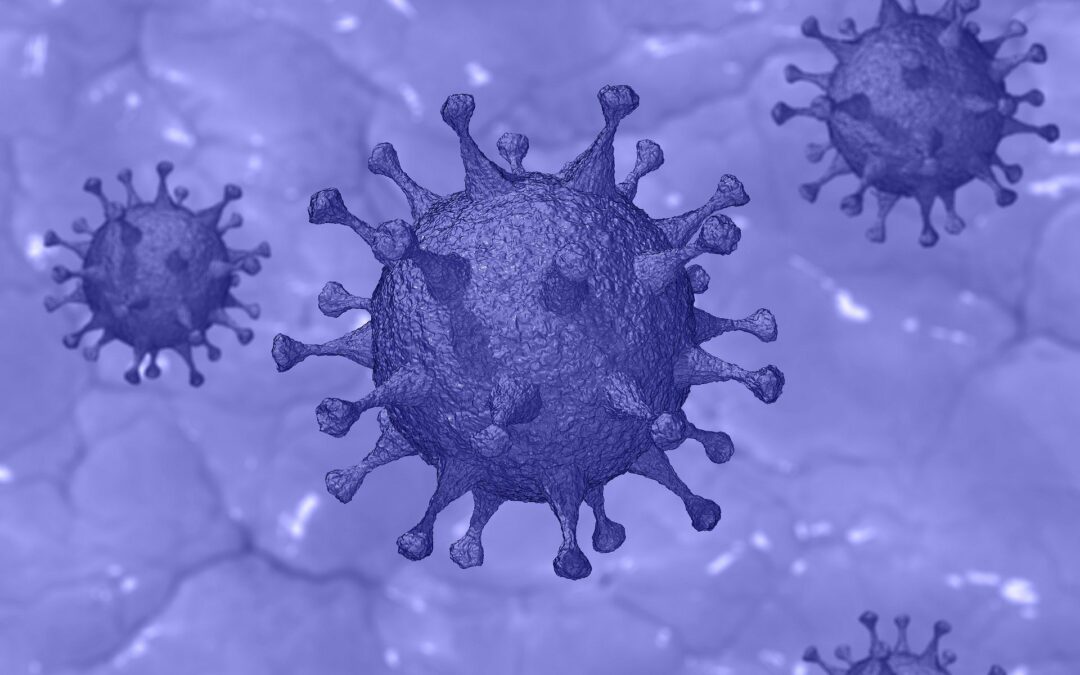
In this short analysis P. Atkinson highlights the uncertainties associated with the field of evidence-informed policy making, especially in crisis situations such as Covid-19.
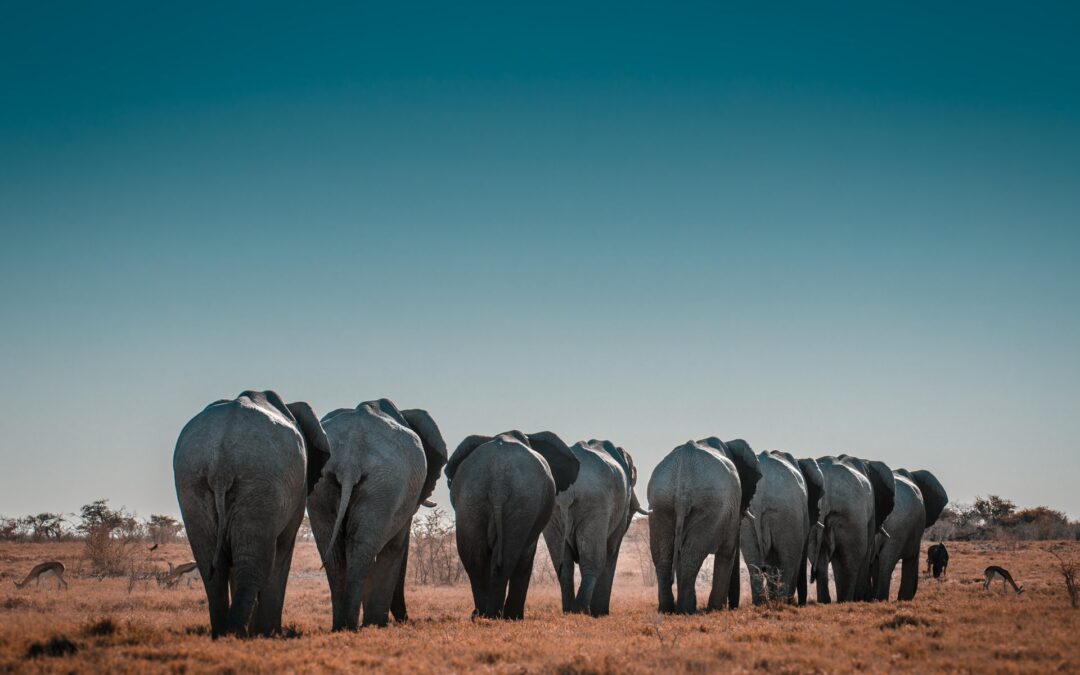
A wrap up of 2021 on Elephant in the Lab by the Editorial Team
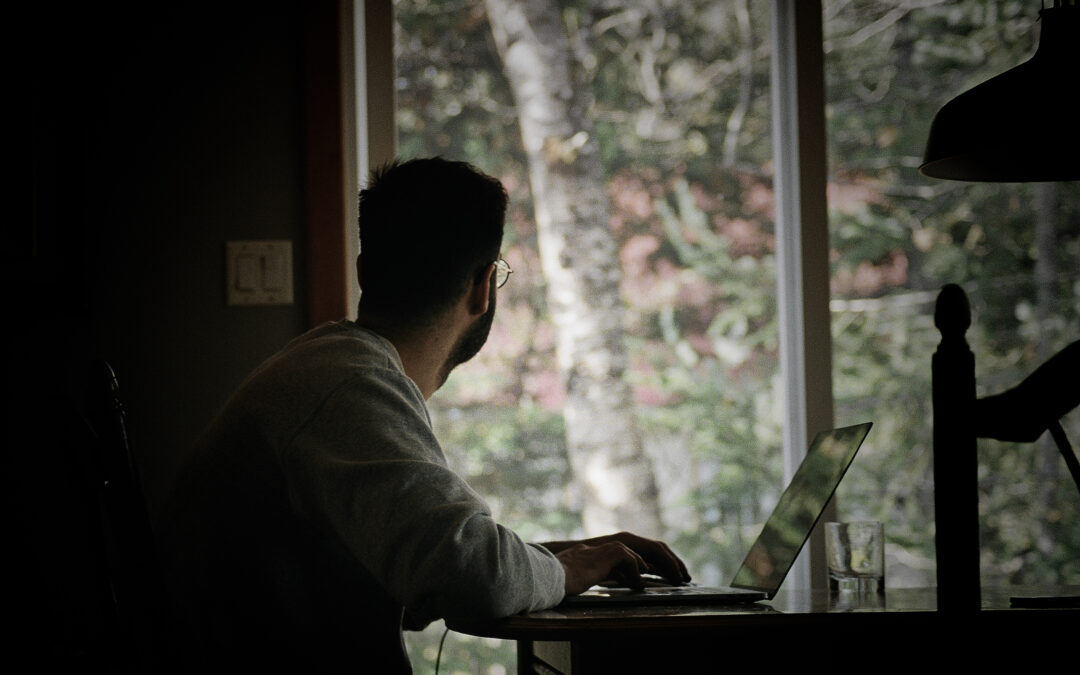
The Pandemic hit the vast majority of European HEI unprepared. The members of AEDiL saw this as a starting point for a collaborative project taking innovative methodological pathways.
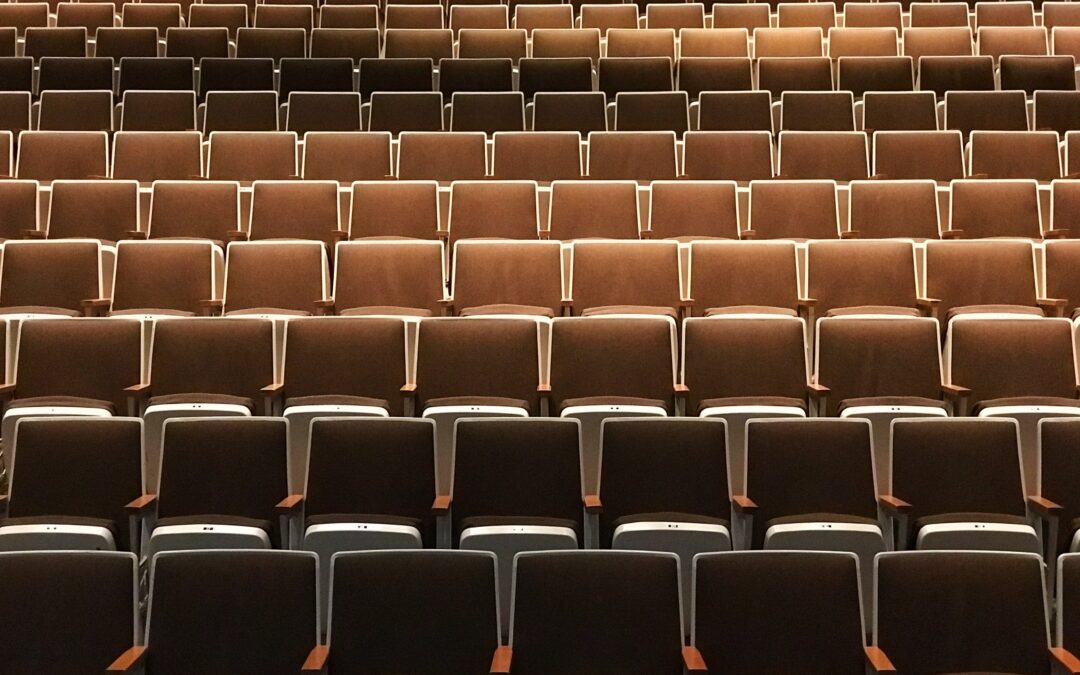
Bronwen and Moritz highlight the institutional challenges posed to Higher Education Institutions by the pandemic and outline how these can be viewed as a window of opportunity
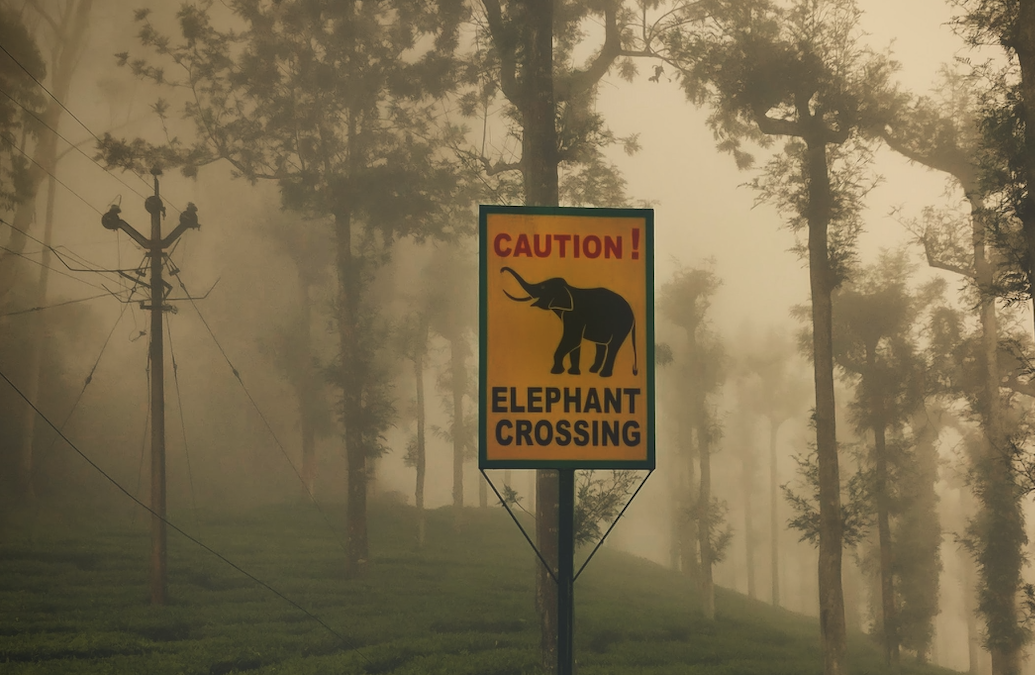
A look backwards from the editorial team.

Julia T. Scho on the challenges and positive experiences of researchers and scientists working around the globe during the pandemic
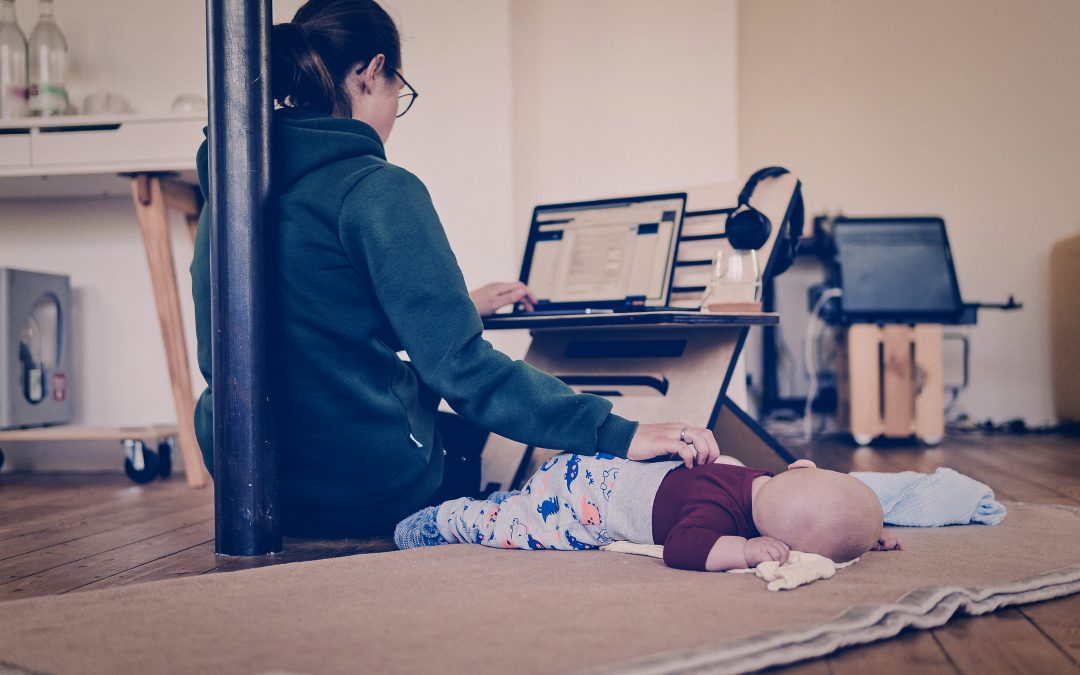
Alena Sander sheds light on one particular window of opportunity for researcher mothers during the COVID 19 pandemic with the potential to have a lasting positive impact on women’s career path in academia.
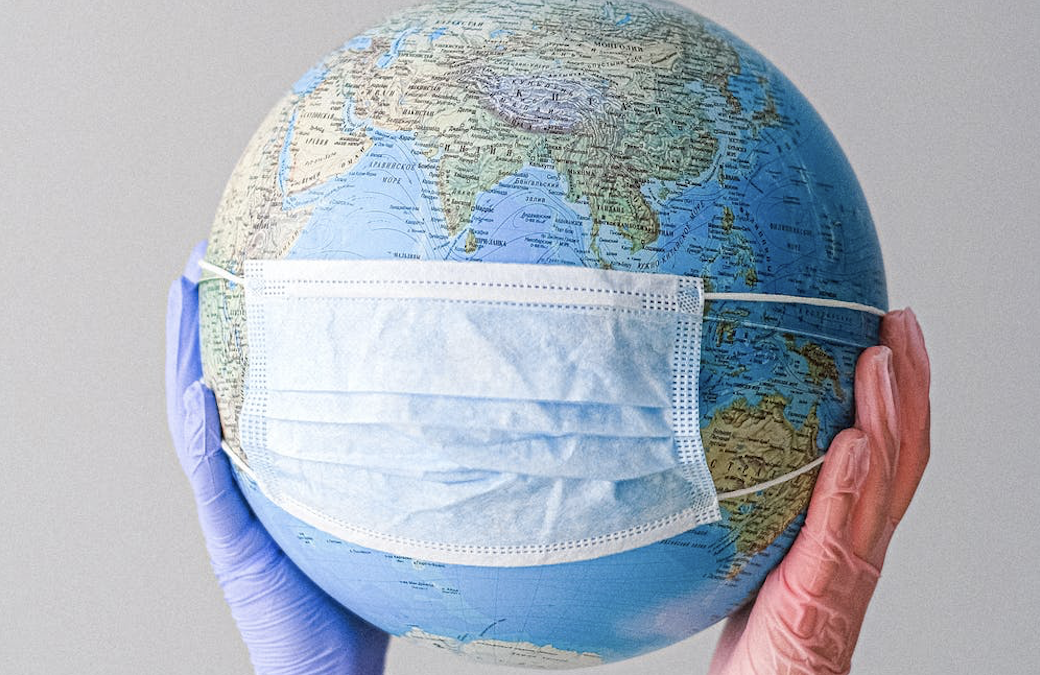
Jayat Joshi on the role of science as a guiding principle of political and societal action in extraordinary situations like the COVID-19 pandemic

Mike Schäfer & Jing Zeng on the particularities of conspiracy theories on COVID-19, how to face them, and what role science communicators play while doing so.

Philipp Hübl on the characteristics of conspiracy theories the motivation behind their spread, and rational thought as a shield against it
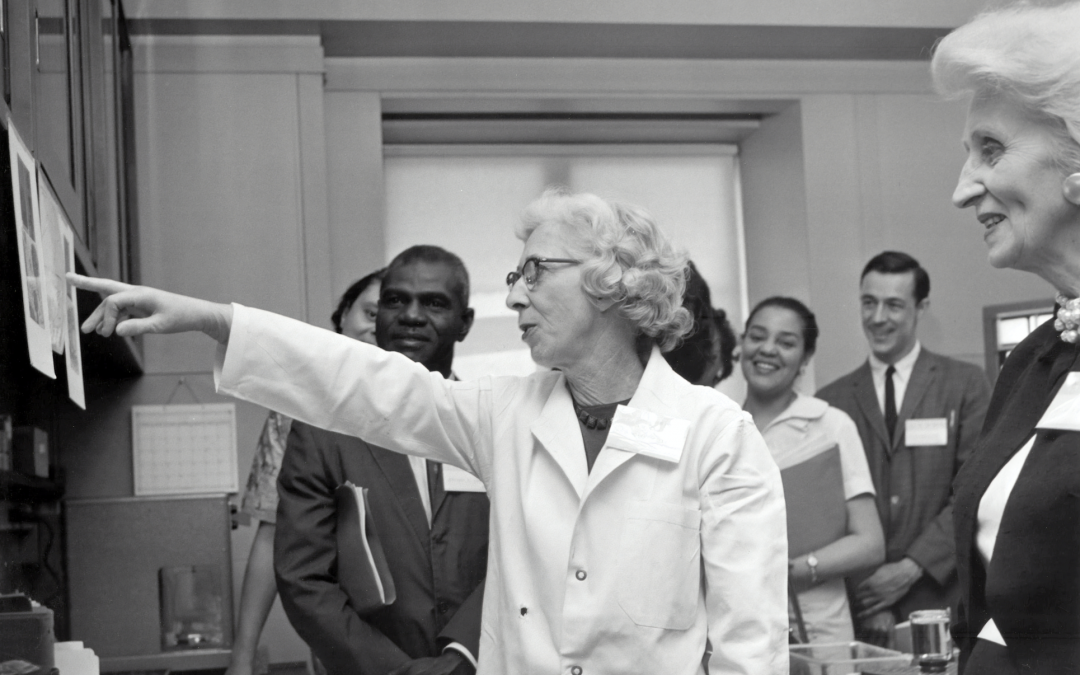
Stefanie Molthagen-Schnöring on science communication in times of a global pandemic and why communication with “the public” shouldn ´ t be its goal

Fabian Stephany on the CoRisk-Index, its development during the course of the COVID-19 pandemic and the role of implicit theory
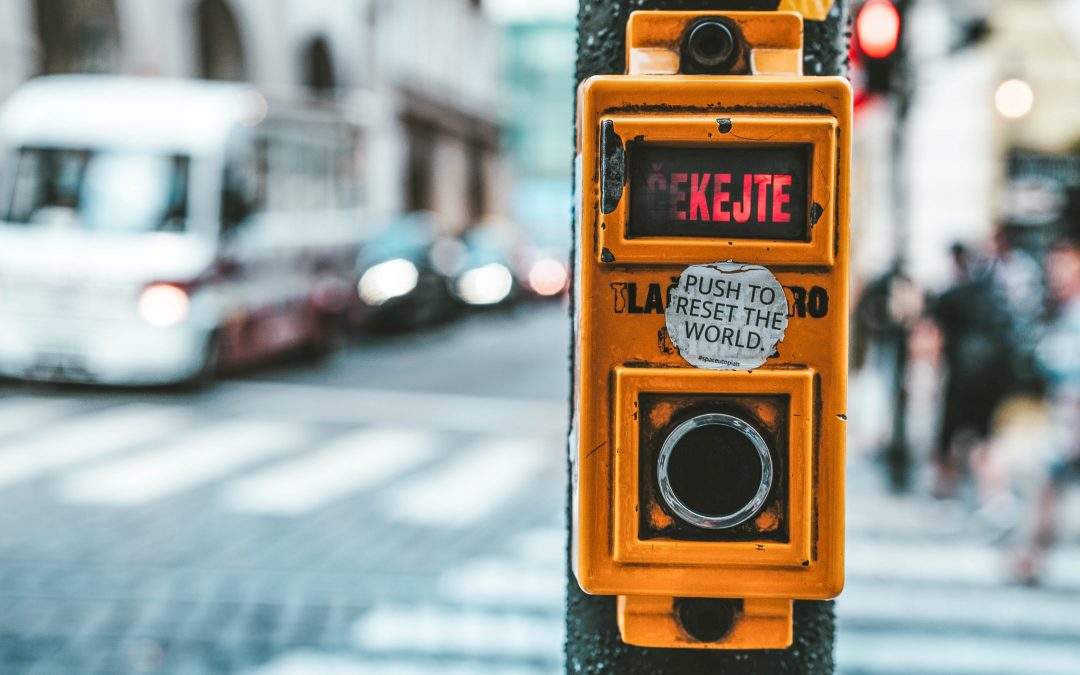
Our editor, Benedikt Fecher on research in post-COVID-19 times and the prospective falsificationist rationale

We need to learn from the practices during the corona pandemic to shape the “new normal” of scholarly communication instead of falling back into old patterns, says our Advisory Board member Rebecca Lawrence
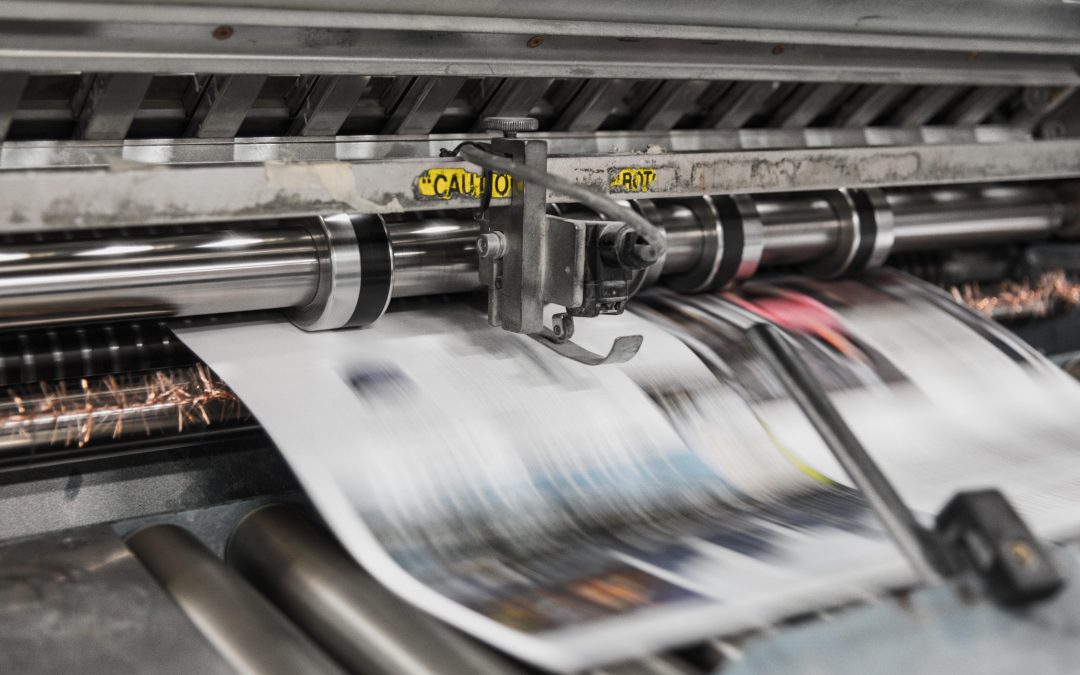
Science journalists find experts, deal with new developments intensively, do fact-checking, analyse data and communicate knowledge to the public. All of this has been important in the past weeks and may lead to a difference in the future, says our author Juliane Meißner.

Samantha Ruppel on the impact of the COVID-19 pandemic on the researcher and her field, the ethical standards guiding her work, the cooperation among scientists and the topics they´re working on.
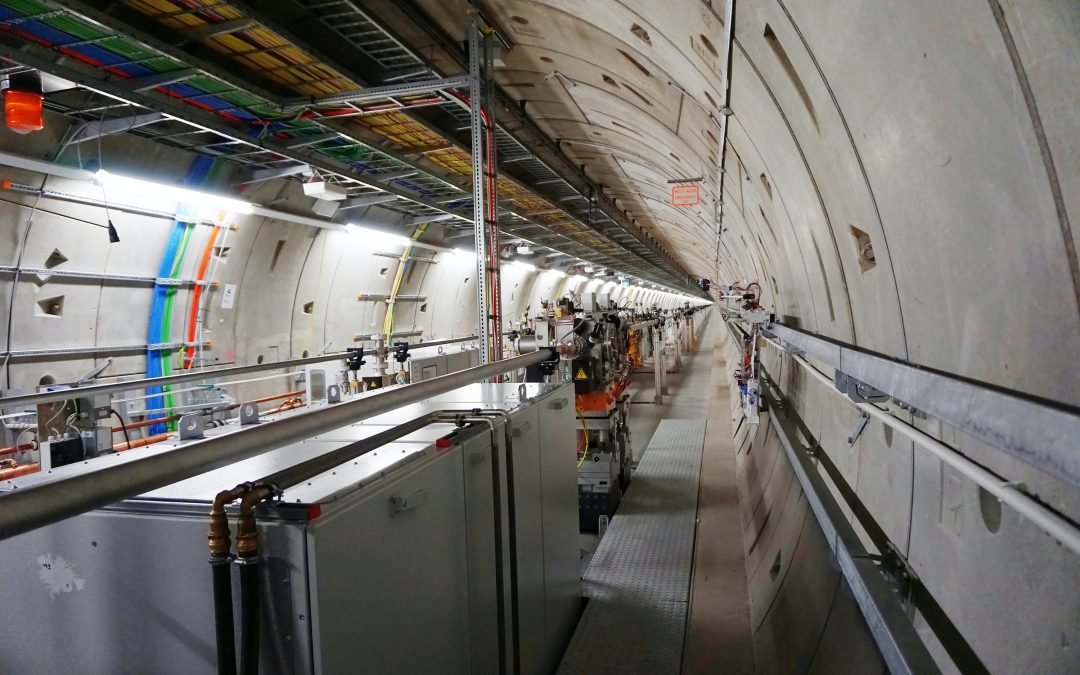
In this opinion-piece Katharina C. Cramer discusses the impact of the Corona-Crisis on large scale research infrastructures and their limits of performance in the current situation.
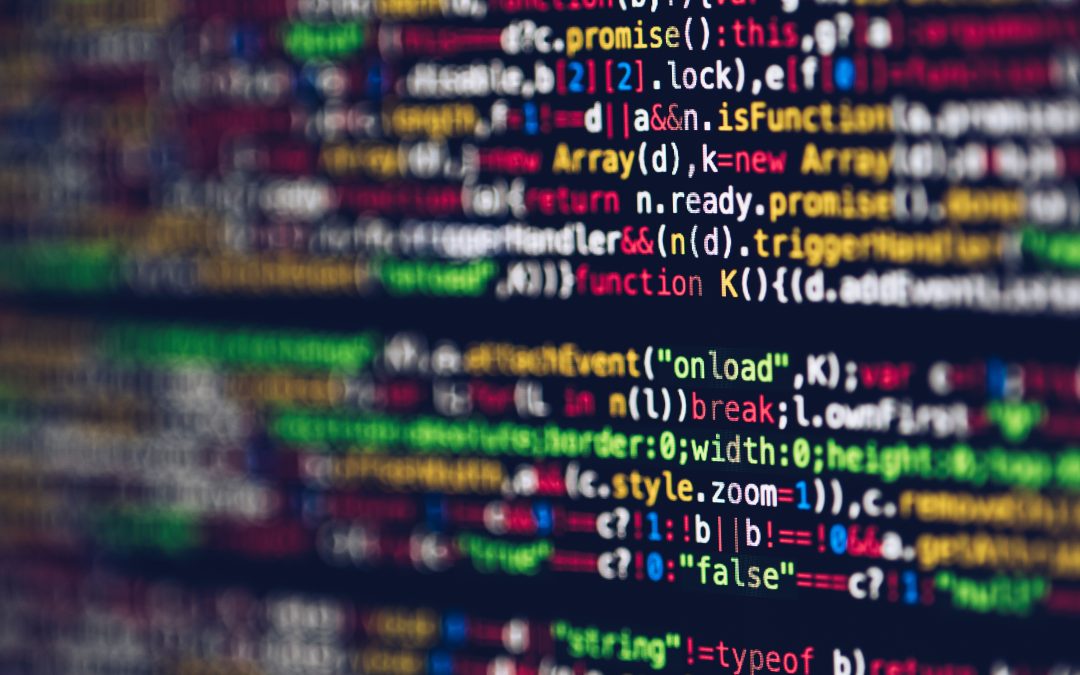
In this interview with Teresa Völker, Prof. Villa talks about the initiative “Nicht-Semster” (calling for a cancellation of the regular spring semester during the Corona crisis) and how the crisis impacts the infrastructure of the german higher education system.
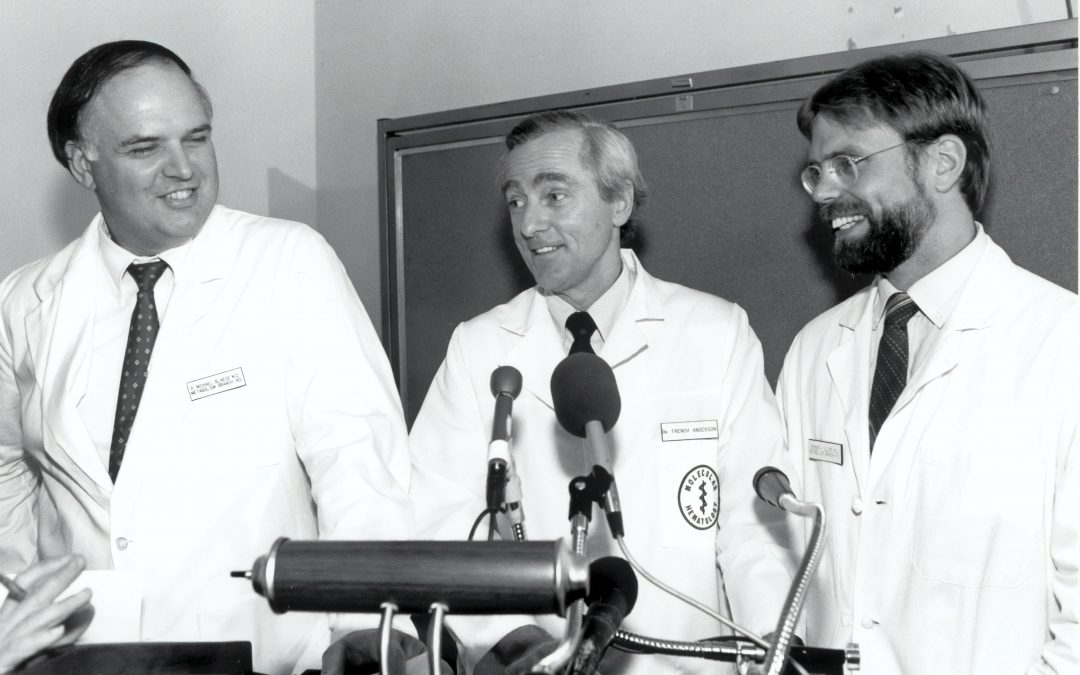
In this piece, Mafalda Sandrini and Kata Katz shed light on the current state of science communication in times of the COVID-19 pandemic, phrase questions on its future and derive fields of action
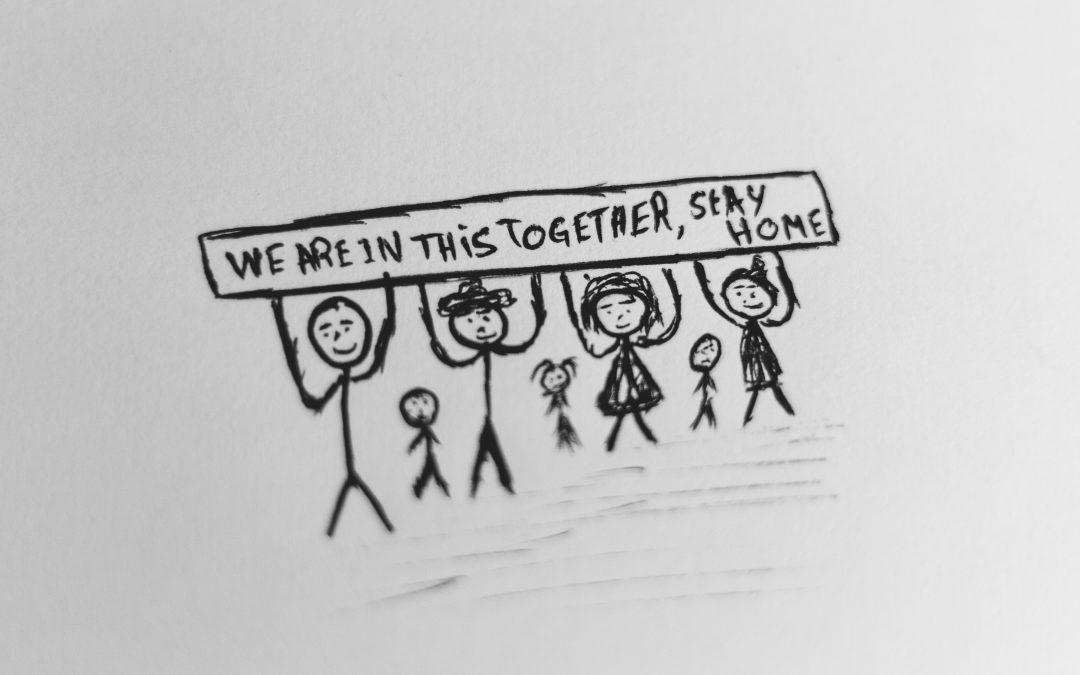
After his interview with Elephant in the Lab on 22 March 2020, Wander Jager develops his thoughts on the time after the COVID-19 pandemic
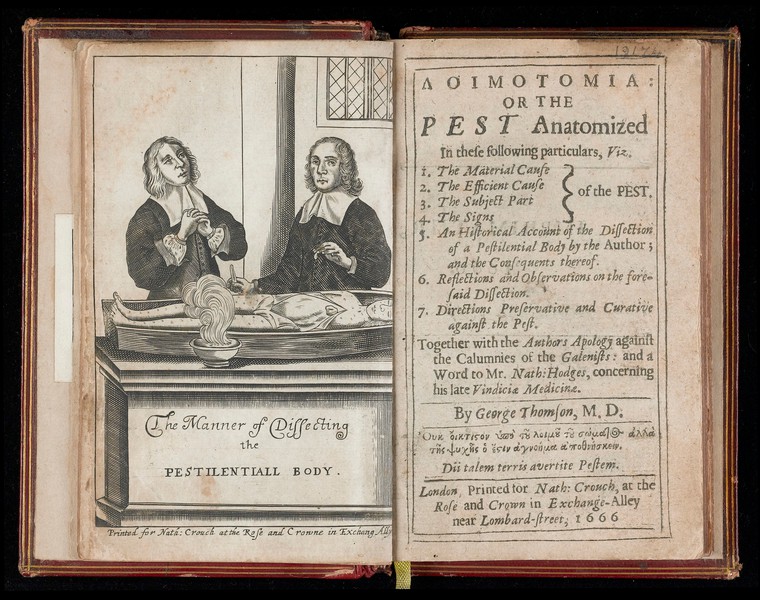
The COVID-19 is prompting many museums to reconsider how they communicate their research to the public, says our editor Rebecca Kahn

Dispite the cruelty of the current situation, Agata Komendant-Brodowska calls for a more optimistic view on the side effects of the COVID-19 crisis.
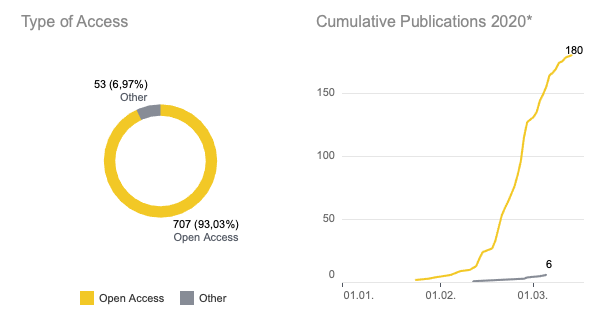
The rise of Open Access publications during the Covid-19 pandemic – a living article and dashboard

Sharing research data openly is becoming more common, but only slowly. Here, I will discuss whether the COVID-19 pandemic will accelerate the adoption of open data as a common academic practice.
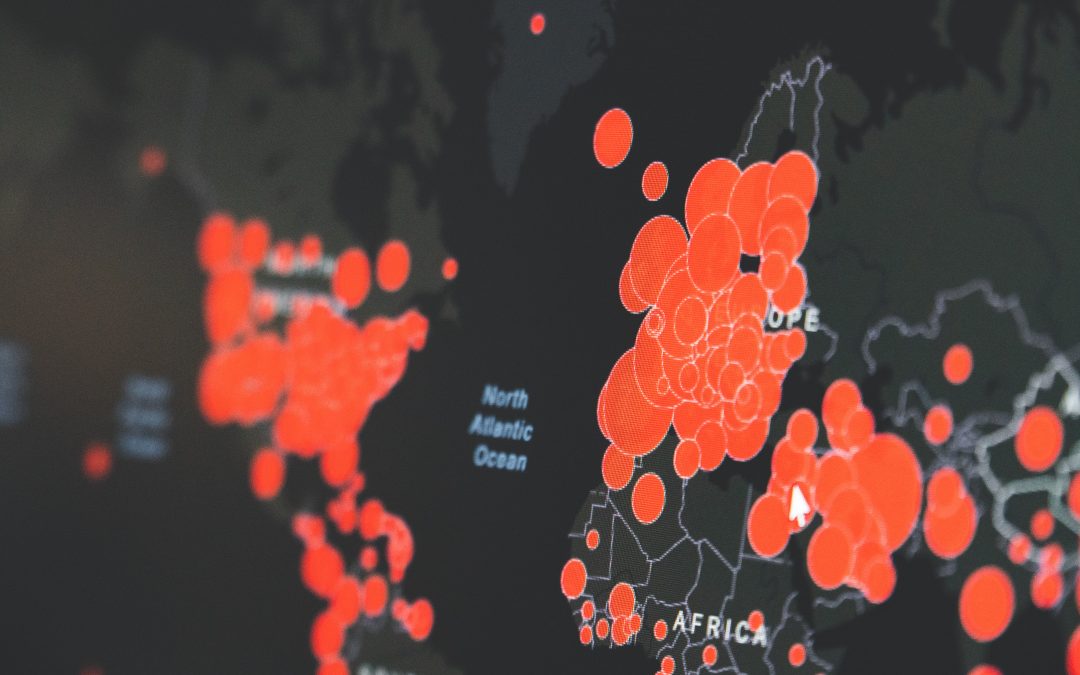
Computational models can show how processess will behave in non-linear ways, but these demonstrations are very simplistic and do not consider all factors that influence the dynamic in reality.

As serious as the COVID-19 pandemic is, it could be an opportunity for science, says our editor Benedikt Fecher.